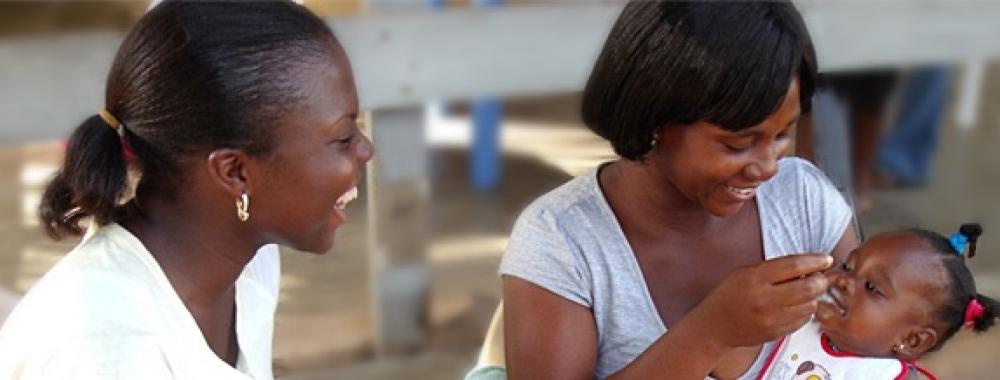
iLiNS Project
The International Lipid-Based Nutrient Supplements (iLiNS) Project (2008 to the present) is a research collaboration that grew out of a shared commitment to accelerate progress in preventing malnutrition, supported in part by a grant from the Bill & Melinda Gates Foundation to the University of California, Davis. We conducted research projects in Burkina Faso, Ghana, and Malawi. Previous work with lipid-based nutrient supplements (LNS) in Ghana and Malawi indicated that such supplements could improve child growth and development in low-income populations. The iLiNS Project was designed to build on the previous work.
Our aim at the outset was to develop and test new solutions to help prevent malnutrition in vulnerable populations, and to share the knowledge and experience we gained. In pursuit of this mission, we developed new formulations of LNS to enrich local diets; conducted four randomized controlled trials to investigate their efficacy in improving child growth, health and development, and in improving the nutritional status of pregnant and lactating women and their infants; and explored the economic dimensions of LNS used to prevent malnutrition.
We agreed to four key operating principles. First, we committed to an evidence-based and rigorous scientific approach. The core proposal for our research activities underwent extensive peer review. We strive towards prompt publication of results in peer-reviewed journals, and to publishing negative as well as positive results. Second, we aimed for open communication and access to information. We seek to foster progress towards solutions by sharing our research documents, and by promoting exchanges between researchers and practitioners. Third, we developed policies to strengthen North-South inter-institutional partnerships, and provided a variety of opportunities for training, including funding for doctoral students from each host country. Fourth, we emphasized respect for research subjects and communities. All protocols were approved by local Institutional Review Boards (IRB) in each site, and also by either the IRB of the University of Tampere, Finland or the IRB of the University of California, Davis, USA.
